The Human Rights
Campaign changed course Tuesday to support a job
discrimination bill even though it does not include
transgender workers.
HRC's decision to
back the measure to prohibit workplace bias against
gays, lesbians, and bisexuals provides a boost to bill
supporters as a House vote nears. A vote on H.R. 3685
is scheduled for Wednesday.
The group had
been pushing for transgender worker protections. But the
organization's president, Joe Solmonese, said passage of the
bill -- the first federal workplace protection for
gays, lesbians, and bisexuals -- could help pave the
way for legislation that covers transgender workers.
''Sometimes with
these sorts of complex and weighty legislative fights,
the best way to move toward the ultimate piece of
legislation you are looking for is to do it by
degree,'' Solmonese said.
The exclusion of
gender identity in the bill has created divisions within
the Democratic Party and among gay rights activists. Some
say they should take advantage of the Democrats'
numerical superiority in the House while others argue
that the legislation should include transgender people.
''It is very
unfortunate that the House leadership is moving the
first-ever gay civil rights bill to the floor and the vast
majority of gay rights group oppose it,'' said Matt
Foreman, executive director of the National Gay and
Lesbian Task Force.
Rep. Barney
Frank, a leading gay rights champion in Congress, urged
fellow gay rights advocates not to let their dispute doom
the bill.
''The notion that
you would kill a bill that would be an enormous advance
because it wasn't perfect doesn't make political sense,''
said Frank, who has pledged to pursue additional
legislation for transgender workers.
Transgender is an umbrella term that covers
transsexuals, cross-dressers, and others whose outward
appearance doesn't match their gender at birth.
The Employment
Non-Discrimination Act would make it illegal for employers
to make decisions about hiring, firing, promoting, or paying
an employee based on sexual orientation. Churches and
the military would be exempt.
The bill's
original version included protections for transgender
workers. But Democratic leaders settled on a
stripped-down version after finding that including
transgender workers in the bill would cause it to fail in
the full House.
That move sparked
a backlash among many gay rights activists and forced
Democratic leaders to delay a vote on the bill.
The Human Rights
Campaign had steered a middle course, saying while it
opposed the stripped-down bill, it would not actively oppose
the measure. But the group changed its mind this week
once it became clear the measure providing protections
based on sexual orientation was headed for a House
vote, Solmonese said.
''This is not
only a step in the right direction,'' he said, ''it's also
historic civil rights legislation to protect gay and lesbian
people.''
Federal law bans
job discrimination based on factors such as race,
gender, and religion.
Nineteen states
and the District of Columbia have laws against
sexual-orientation discrimination. However, only nine states
specifically protect transgender people from
discrimination: New Jersey, Minnesota, Rhode Island,
New Mexico, California, Illinois, Maine, Hawaii, and
Washington. The District of Columbia also has a similar law.
By January, laws
also will be in effect in Iowa, Vermont, Colorado, and
Oregon. (Andrew Miga, AP)










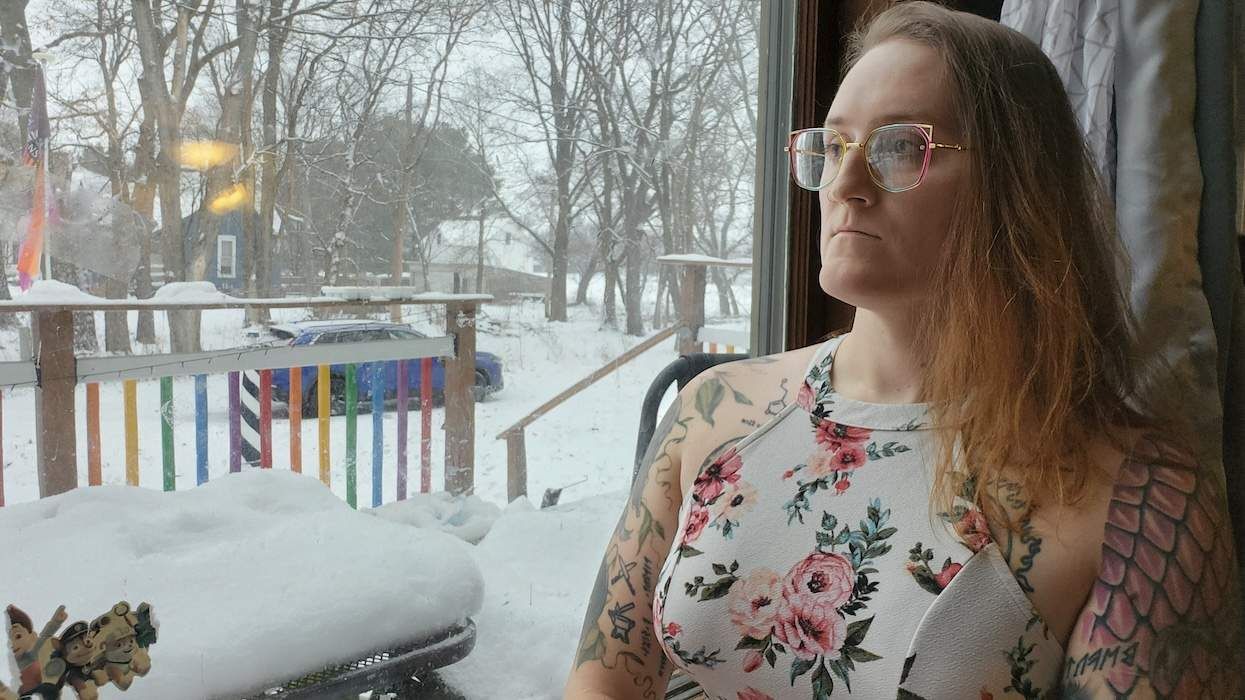

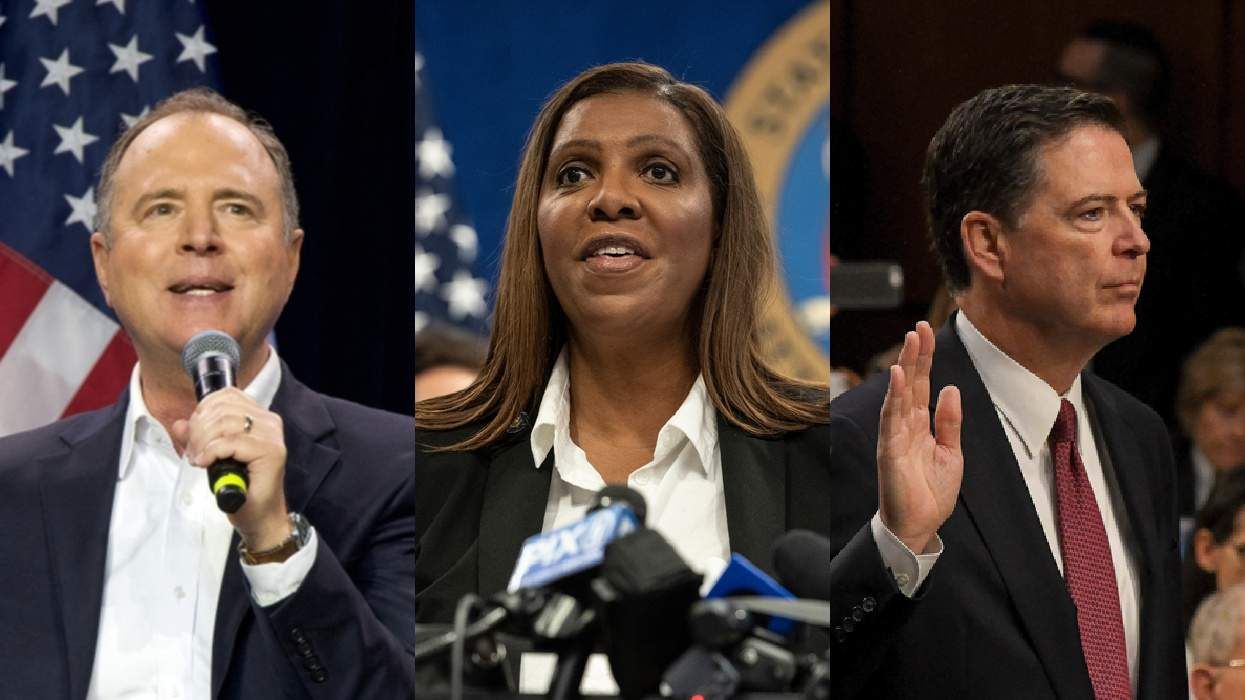

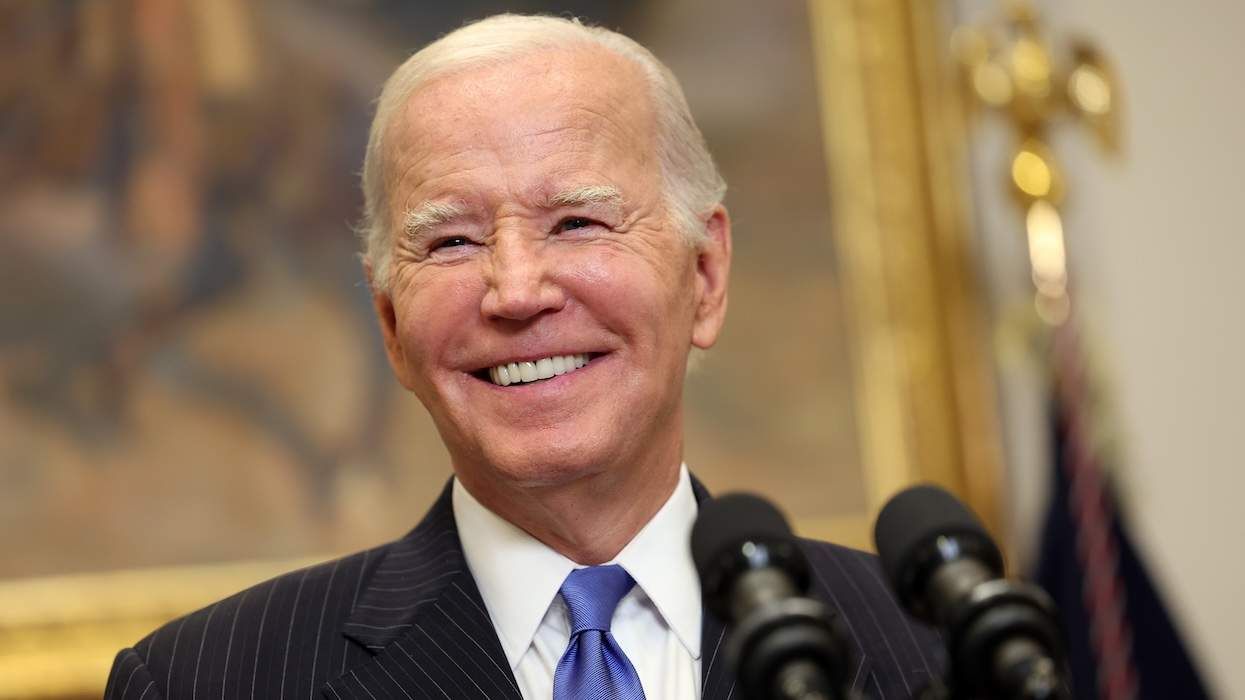
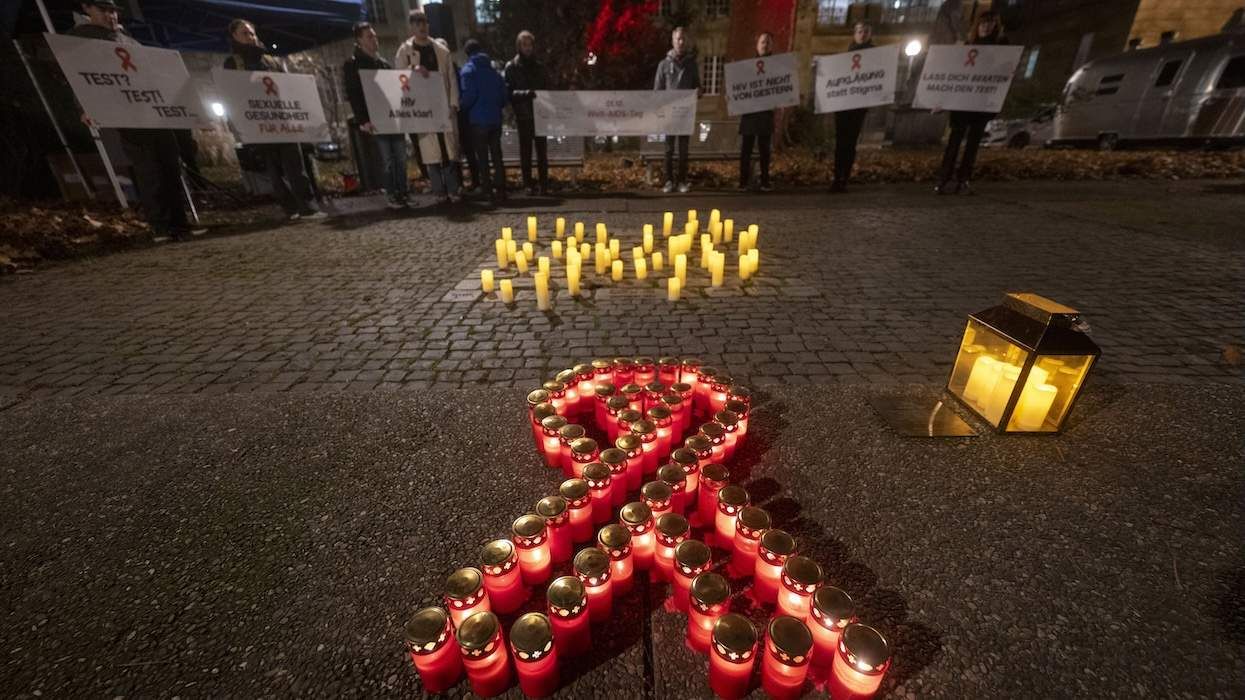


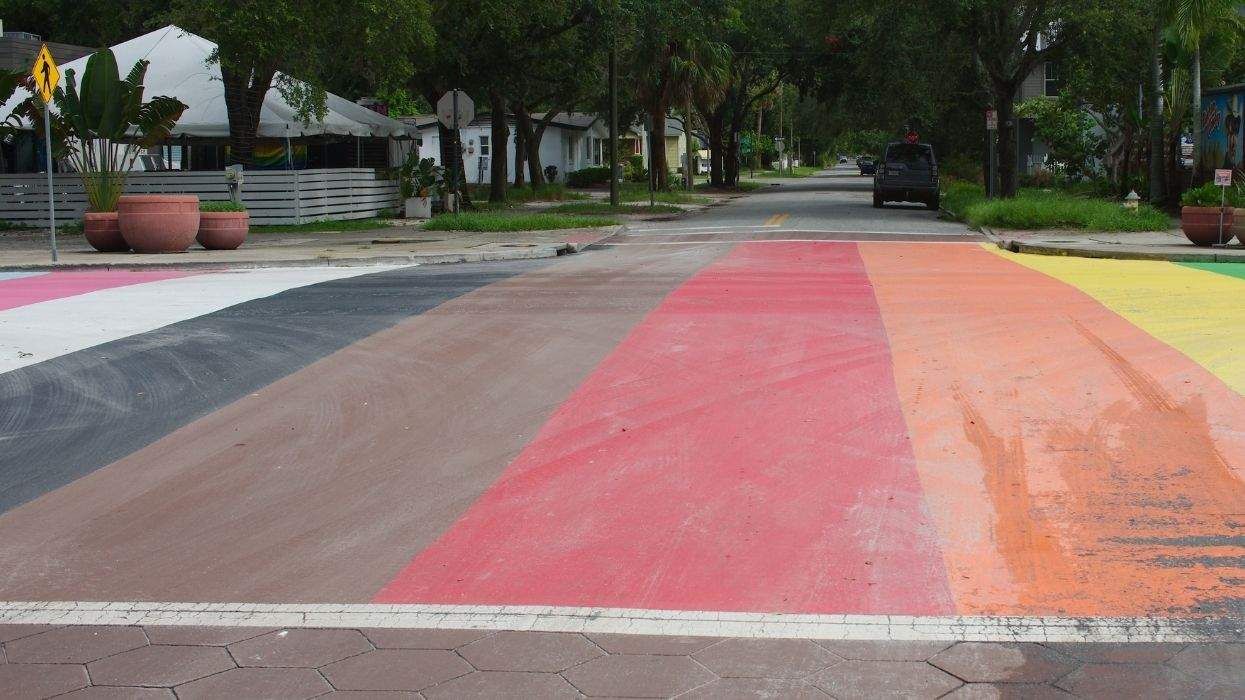
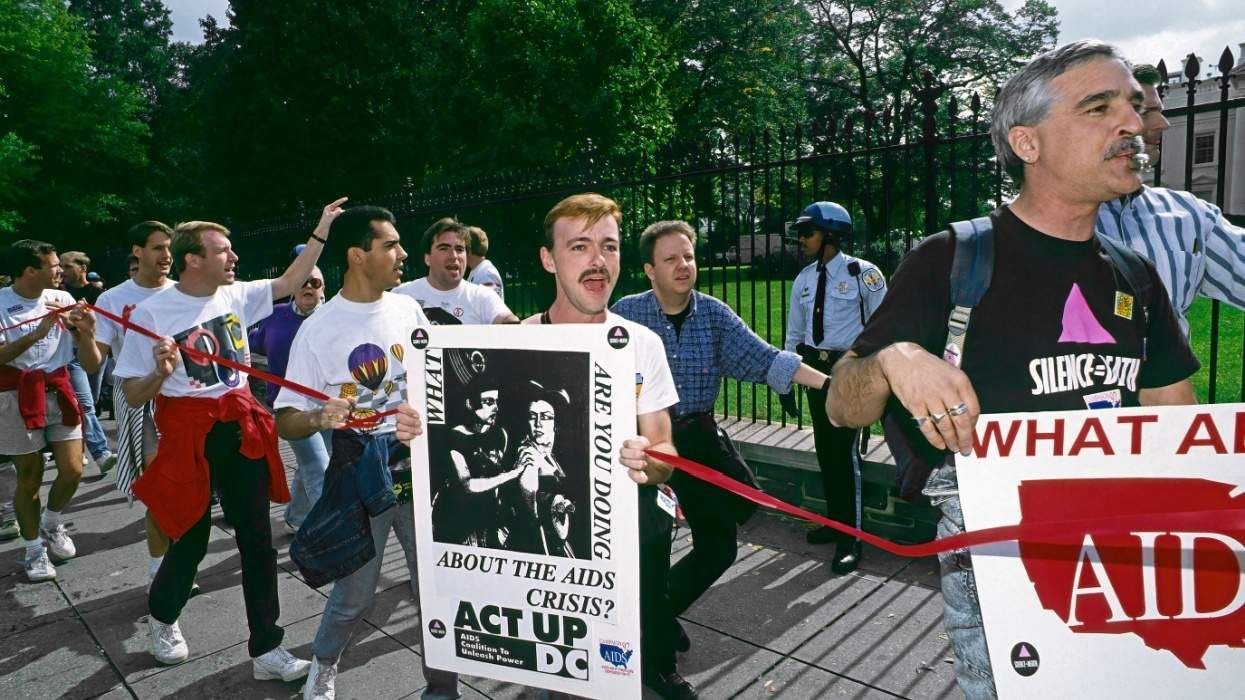

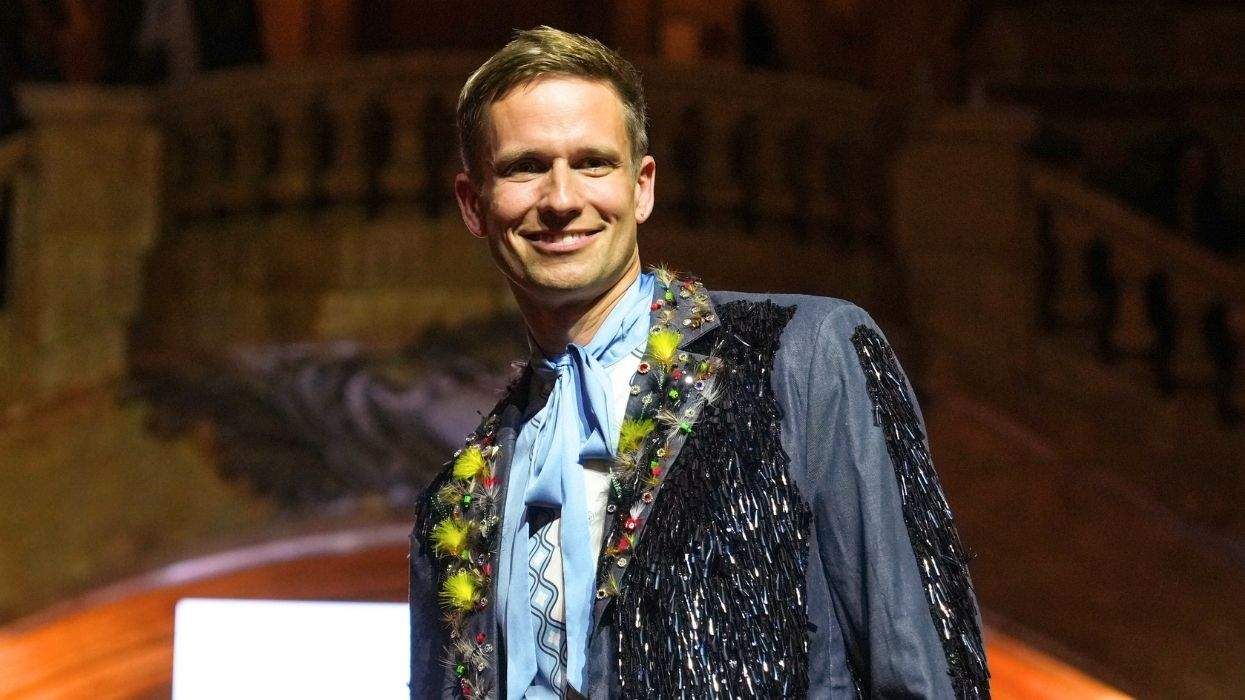
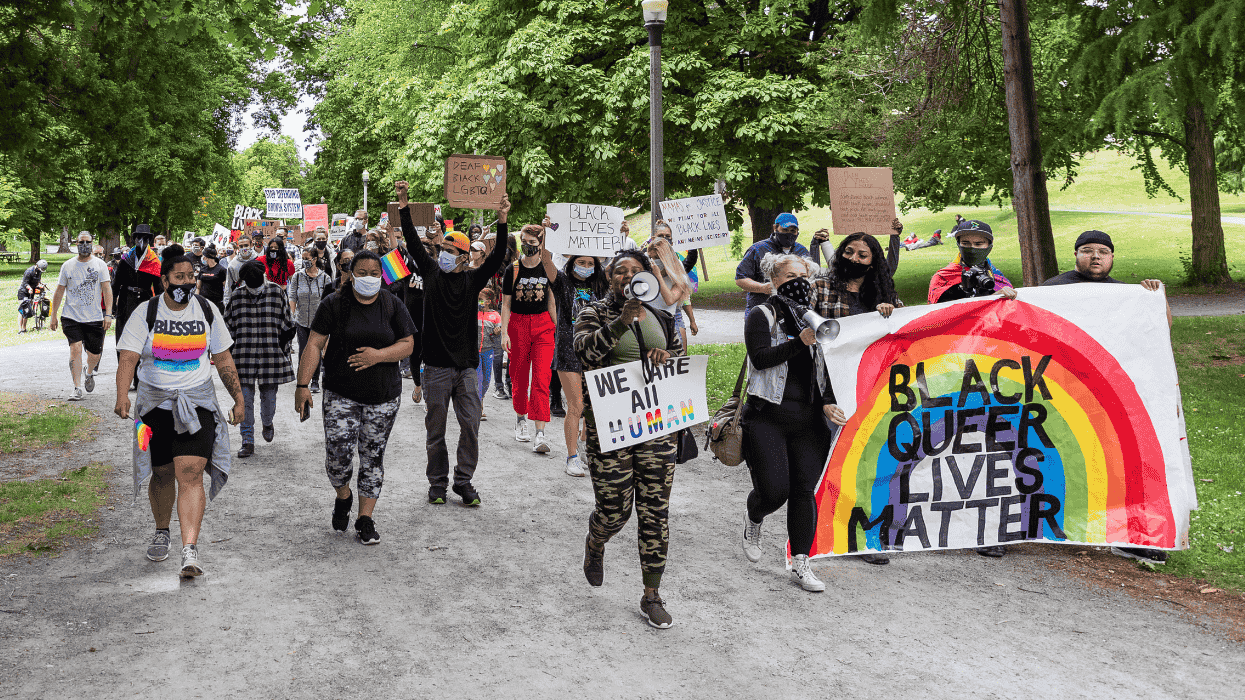
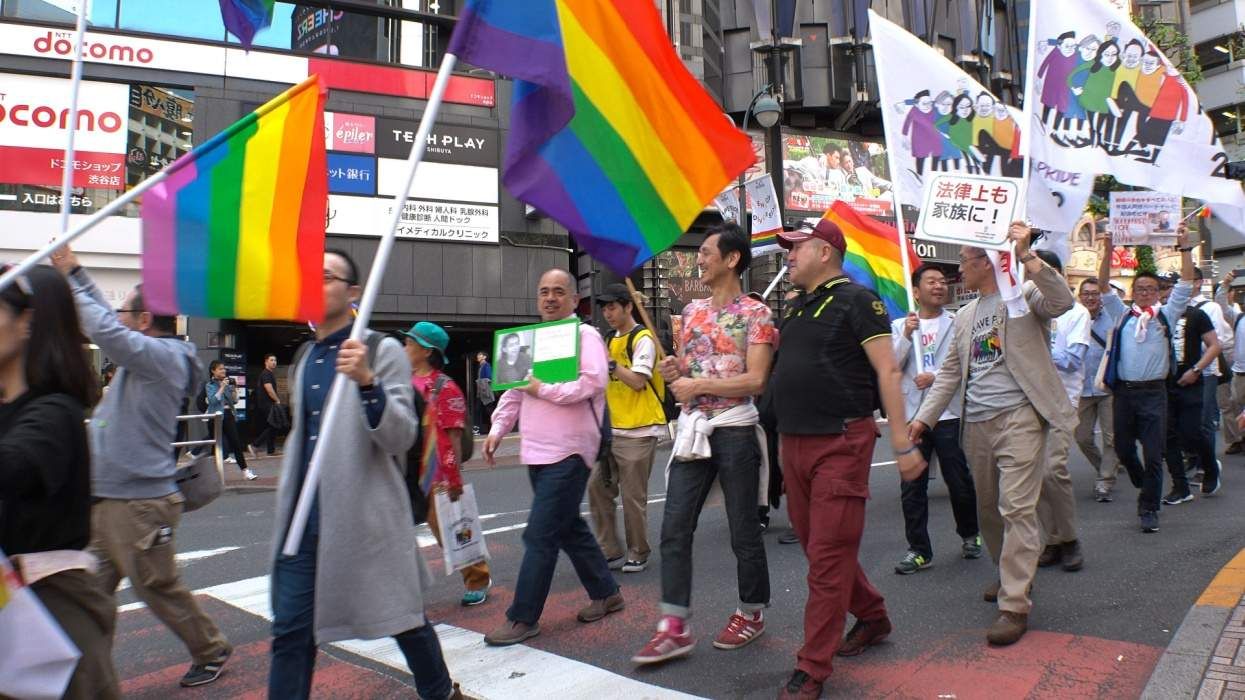



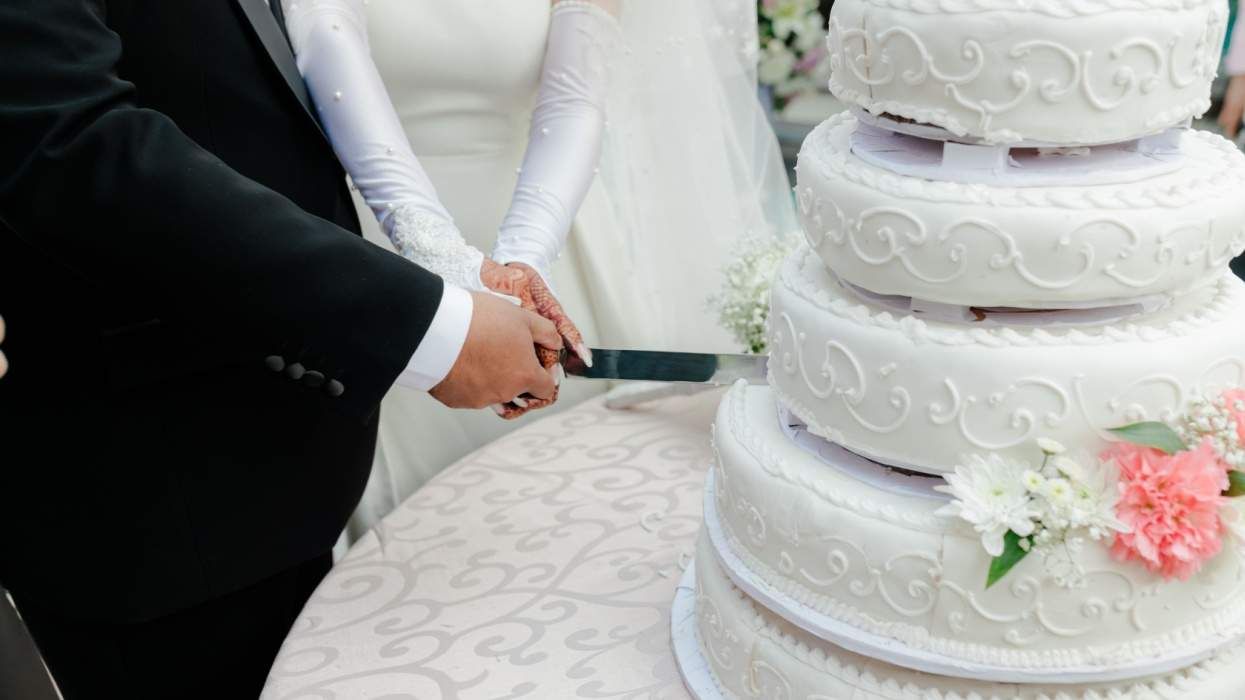















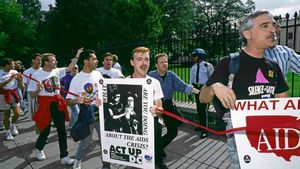

























Charlie Kirk DID say stoning gay people was the 'perfect law' — and these other heinous quotes